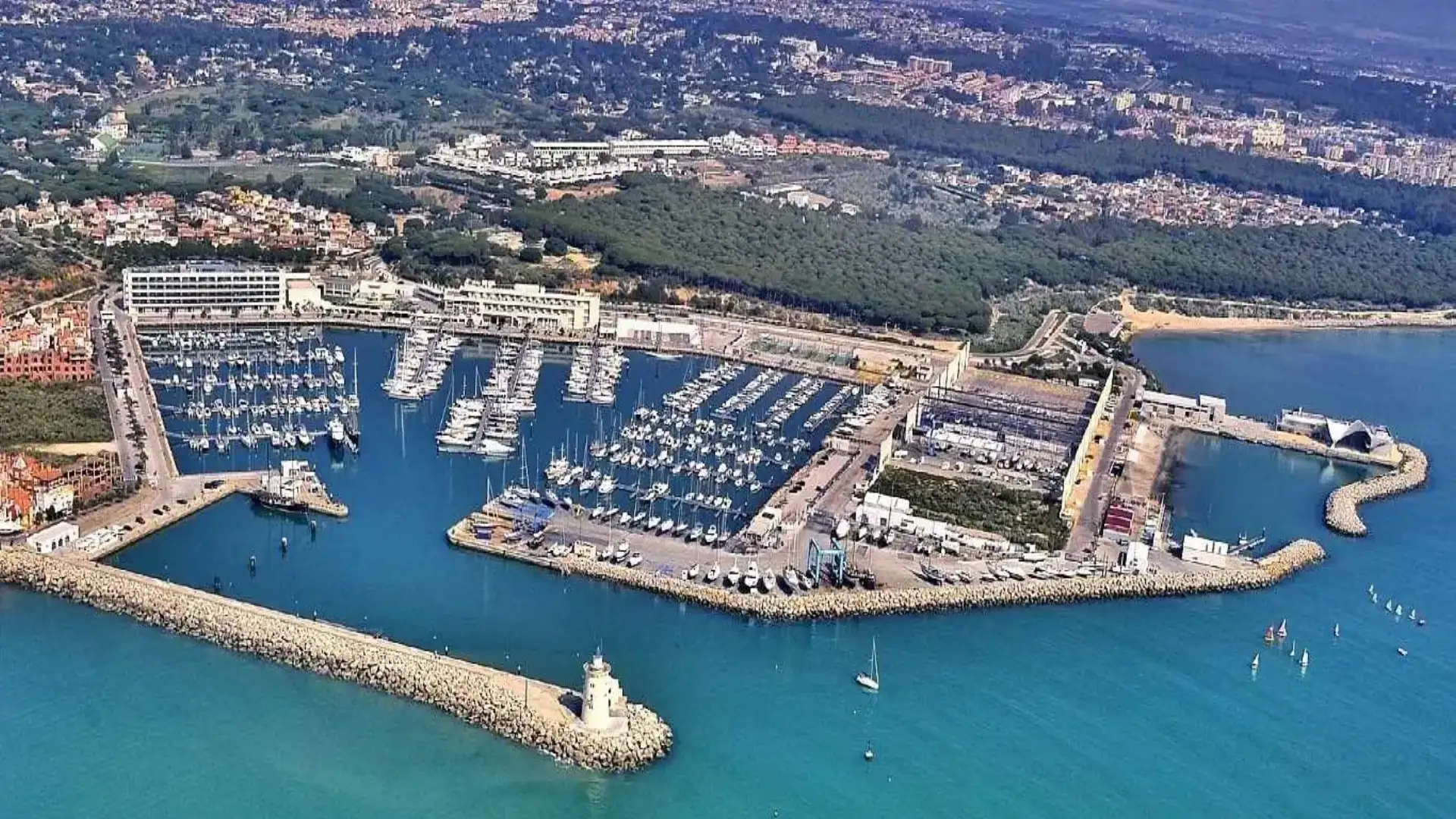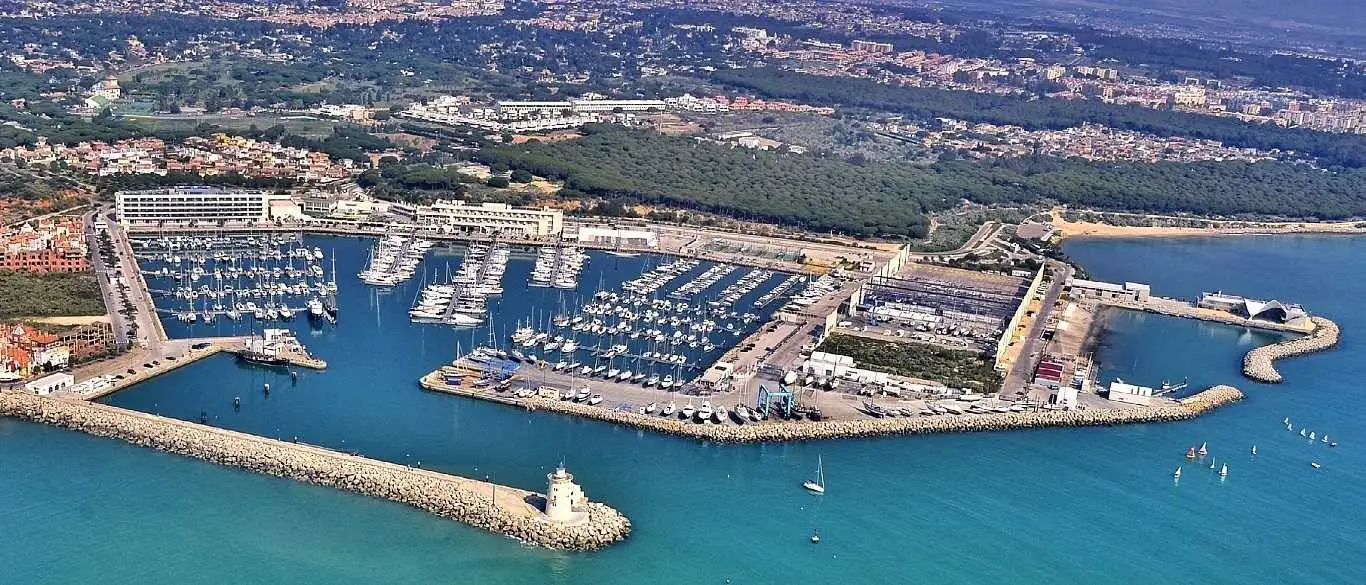
Spanish Marines Welcomes Changes in Extensions of Concessions
Spanish Marines Welcomes Changes in Extensions of Concessions

The amendment of Article 82 of the TRLPEMM introduces significant changes in the arrangements for port concessions. The marine and seaports sector welcomes these changes, which provide more flexibility and legal certainty to the dealers.
The Spanish Federation of Sports and Tourist Ports Associations, Marinas de España... has welcomed the recent amendments to the regime of port concessions extensions.
The changes, which directly affect marine and marina dealers, have taken place following the adoption of the Law on the Establishment of the Independent Administrative Authority for the Technical Investigation of Railway, Maritime and Civil Aviation Accidents and Incidents (LCAAI), amending article 82 of the Consolidated Text of the Law on State Ports and the Merchant Navy (TRLPEMM).
One of the most important developments is the clarification of the compatibility between the extension initially provided for in the concession title and the regular extension for the making of investments. This measure gives dealers greater flexibility in planning their long-term strategies, a crucial aspect in a sector that requires constant investment to maintain their competitiveness.
In addition, the new regulation provides a more flexible scheme for regular extension, allowing the total sum of these extensions to reach up to one and a half times the initial period of the concession. For its part, extraordinary extensions, both for investment and for contribution, may extend the concession period to 75 years.
Another significant change is the equalization of the criteria for extraordinary extensions for investment and contribution. Both modalities will now require that the concession be of strategic or relevant interest to the port or to the economic development of its area of influence, or that it involve the maintenance of competition in the market of port services. This unification of criteria simplifies the process of application and evaluation of extraordinary extensions, resulting in greater administrative efficiency.
The new legislation also introduces a new assumption for the extraordinary extension by contribution, allowing the economic contribution to be used for the construction or improvement of basic port infrastructure or facilities for the supply of alternative fuels or electricity to ships.
As for the minimum investment required for the Extraordinary Extensions, a unified criterion is established: it must exceed 50% of the updated value of the investment initially provided for in the concession title.
The new regulation also specifies that the economic contribution must be fully met before the extension comes into force, with a maximum of six months from its granting.
Finally, the abolition of certain previous requirements, such as the need to have elapsed at least one third of the period of validity of the concession to apply for certain extensions, gives the concessionaires greater flexibility. This change will allow companies in the sector to adapt more quickly to the opportunities and challenges that may arise during the concession period.
Marinas de España will continue to closely implement these changes and will continue to work with the competent authorities to ensure that the marine and marina sector can develop in a sustainable and competitive manner. The federation encourages all dealers to become familiar with these modifications and to consult with their legal advisers to understand how they can affect their specific concessions.
© 2024 Nautica Digital Europe - www.nauticadigital.eu











